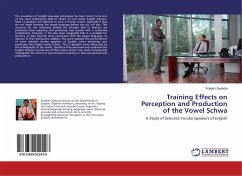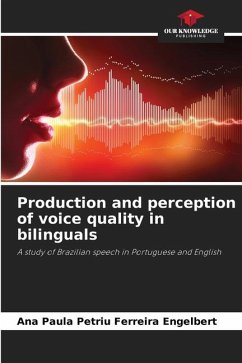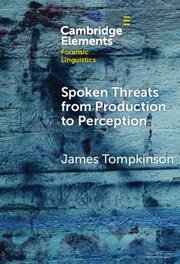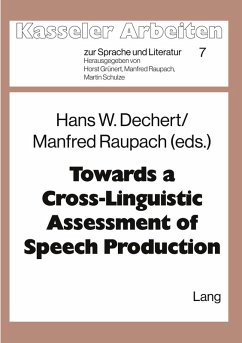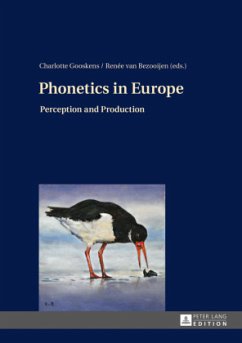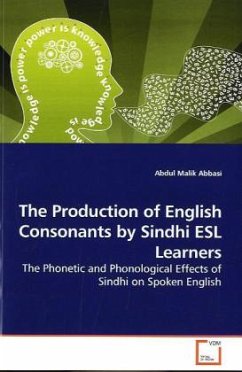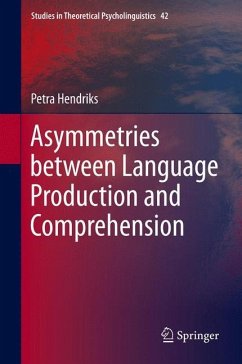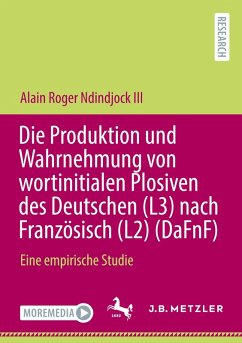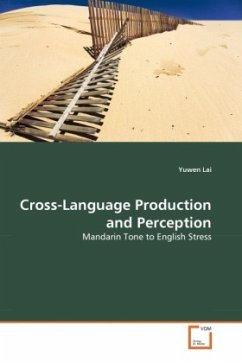
Cross-Language Production and Perception
Mandarin Tone to English Stress
Versandkostenfrei!
Versandfertig in 6-10 Tagen
39,99 €
inkl. MwSt.

PAYBACK Punkte
20 °P sammeln!
The cognitive assembly required of a person in the production and perception of a human language is highly sophisticated. Research in second language acquisition provides a unique window into this complex process, in allowing an examination of the ways in which the human brain adapts to and copes with the added complications of a second language, and the difficulties associated with the various fundamental differences which are likely to exist between the first and second languages. In so doing, such research adds to our understanding of the ways in which the human mind deals with specific lan...
The cognitive assembly required of a person in the production and perception of a human language is highly sophisticated. Research in second language acquisition provides a unique window into this complex process, in allowing an examination of the ways in which the human brain adapts to and copes with the added complications of a second language, and the difficulties associated with the various fundamental differences which are likely to exist between the first and second languages. In so doing, such research adds to our understanding of the ways in which the human mind deals with specific languages in specific contexts, and provides insight into the nature of language itself. The current study adopts both production and perception approaches to examine this issue, and considers the role of language experience in the learning process. This work should be especially useful for professionals in the field of cross-language studies, or individuals who are interested in the acquisition of prosody in second language learning.



